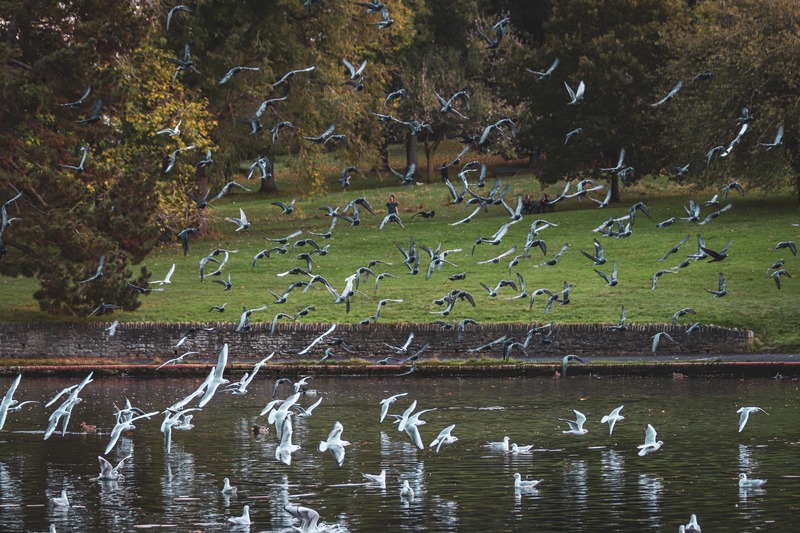 Assam
Assam
Shrinking ponds in urban areas threaten ecosystem and increase flood risks
Guwahati/IBNS: Renowned herpetologist Jayaditya Purkayastha has expressed concern over the dwindling number of ponds in urban spaces and their adverse effects on the ecosystem.
The fertile land of Assam, once dotted with ponds known as "Pukhuris," is now witnessing rapid urbanization, leading to the disappearance of these vital water bodies, reported The Assam Tribune.
Ponds play a crucial role in supporting diverse species of flora and fauna, acting as self-sustaining ecosystems. They also help reduce the risk of flooding and erosion caused by excess stormwater runoff.
Additionally, ponds act as carbon sinks, absorbing carbon dioxide from the atmosphere. Purkayastha highlights that algae found in ponds contribute to 25% of Earth's oxygen.
Sadly, anthropogenic factors such as hill degradation, encroachment on traditional water bodies, and poor waste management have contributed to the decline of ponds in the region. The consequences are dire, with artificial floods wreaking havoc on urban landscapes.
Purkayastha emphasizes the historical and cultural significance of ponds, noting their association with religious practices. However, he warns against transforming ponds into swimming pools through misguided renovation efforts, as this eliminates their ecological and sociological benefits.
To address this issue, Purkayastha calls for a return to water planning practices observed by our ancestors. He suggests treating ponds as they are, rather than converting them into recreational areas.
Moreover, he emphasizes the need for strategies to preserve existing water bodies and urges individuals to construct small water tanks where possible. The government can also nominate institutions and organizations to build ponds, thereby maintaining biodiversity.
The preservation of water bodies is crucial, not only for maintaining the ecosystem but also for mitigating the water crisis in urban areas. Purkayastha emphasizes the importance of combining scientific advancements with traditional knowledge and stresses the need for urban ponds to tackle the changing microclimate effectively.
The disappearance of water bodies could exacerbate flooding issues, making the conservation of ponds a top priority. By implementing strategic measures and adopting a holistic approach, it is possible to safeguard these invaluable resources and protect the urban environment for future generations.
Support Our Journalism
We cannot do without you.. your contribution supports unbiased journalism
IBNS is not driven by any ism- not wokeism, not racism, not skewed secularism, not hyper right-wing or left liberal ideals, nor by any hardline religious beliefs or hyper nationalism. We want to serve you good old objective news, as they are. We do not judge or preach. We let people decide for themselves. We only try to present factual and well-sourced news.






